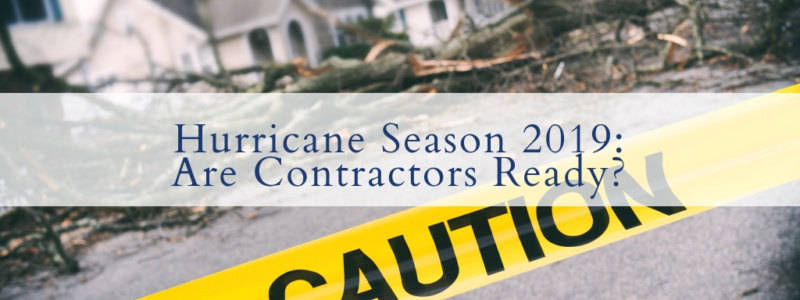-
- Identify risks – This entails discussion of the most likely hazards and disaster events and worst-case scenarios. In Florida and Texas, hurricanes should be front and center in any plan. Other issues to address include fire, explosion, chemical spills, active shooter, etc.
-
- Establish preventative procedures – While there is no prevention for hurricanes, reducing losses before, during and after a storm by focusing on personal safety, securing facilities and materials, and disaster training are important.
-
- Develop a response plan – For every scenario imaginable and applicable, have a plan. Get response protocols down to a fine point, and address all possible variations. Play the “what if” game. Ensure that each part of the plan is adaptable, and have back-up communication plans in place to circumvent disruptions in normal communications. Don’t forget document preservation and management, whether digital or hard copy.
-
- Tell everyone – Communicate the plan to all personnel. Identify who will do what, where and how. Train people to meet their assigned responsibilities in a disaster setting with confidence and competence.
- Drill – Test the plan to find holes or weaknesses. The middle of a hurricane is no time to practice disaster response. Schedule hurricane drills and update the plan as needed. Keep records of results and work on improving and refining as part of the company’s overall risk management policy.

